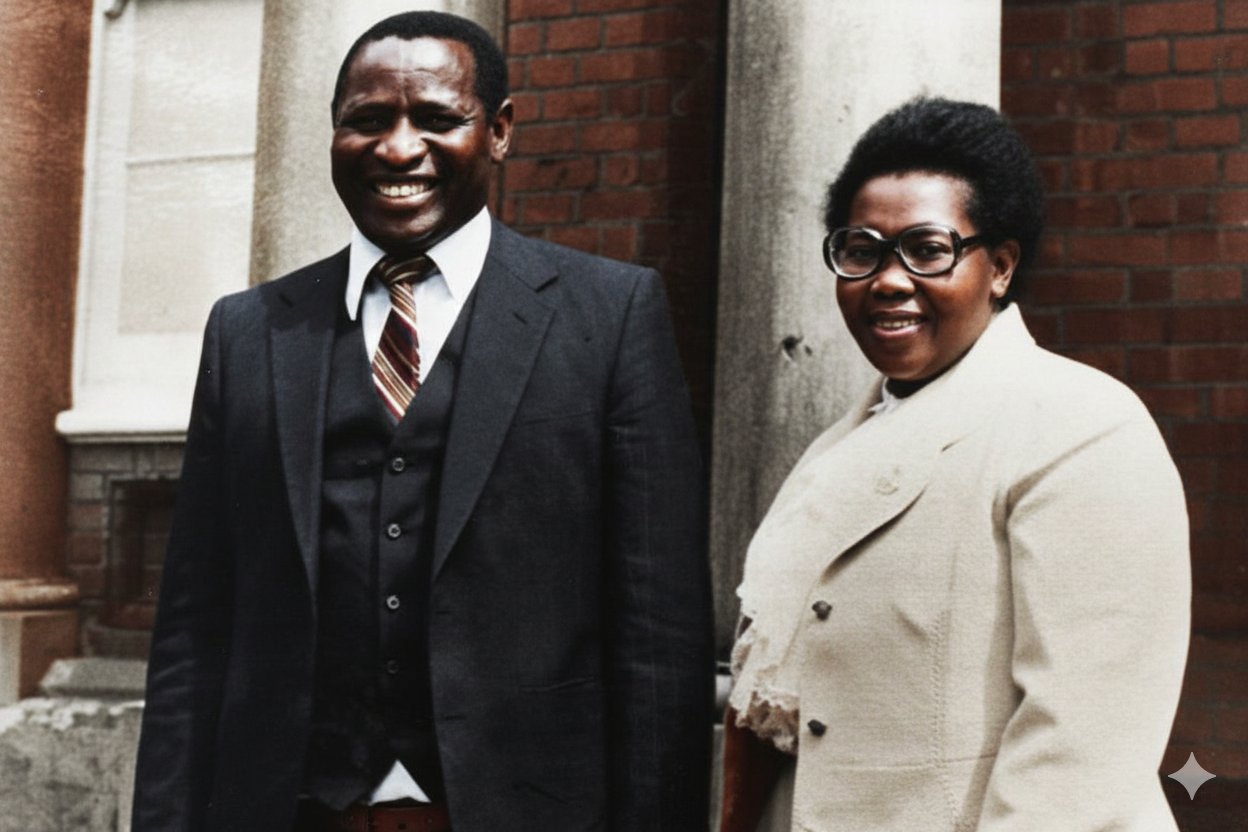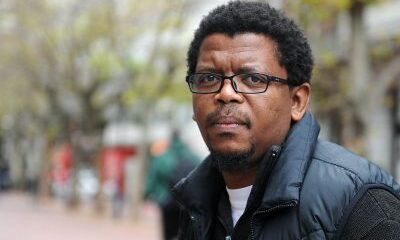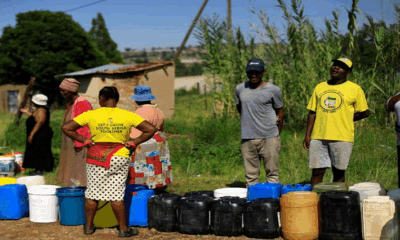News
New Momentum in the Griffiths Mxenge Inquest as Court Presses for Answers

New Momentum in the Griffiths Mxenge Inquest as Court Presses for Answers
Four decades after his brutal killing, the fight to uncover the full truth behind Griffiths Mxenge’s assassination is finally gaining traction.
The inquest into the death of revered human rights lawyer Mlungisi Griffiths Mxenge returned to the Pietermaritzburg High Court on Thursday, marking another step in a painful but necessary journey toward justice. Mxenge’s story is one of the darkest chapters in the apartheid state’s campaign against political dissidents and for many South Africans, especially in KwaZulu-Natal, the wounds remain remarkably fresh.
The case has struggled to gain momentum since its first court appearance on 14 April 2025, with proceedings repeatedly postponed. Much of the delay came from former Security Branch members now witnesses or respondents who insisted on securing legal representation before participating.
This week, there was finally movement.
Court Demands Progress After Months of Delays
National Prosecuting Authority (NPA) spokesperson Natasha Ramkisson-Kara confirmed that three of the seven witnesses still require their legal representation to be finalised, a logistical hurdle that has repeatedly hindered the case.
The presiding officer has now instructed both the state and the respondents to prepare written arguments on a key question:
Why should the inquest be reopened?
This is more than legal housekeeping, it signals a push by the court to break the cycle of postponements and move the matter forward.
The inquest will reconvene on 28, 29 and 30 April 2026, when arguments and the outstanding representation issues are expected to be resolved.
A Daughter’s Pain: “These Delays Are a Second Trauma”
Back in April, Mxenge’s daughter, Ntombodidi Mxenge Makhanya, publicly voiced her frustration. For families of apartheid victims, inquests are not just legal exercises, they are deeply personal reckonings.
She reminded the nation that delays are more than bureaucracy; they reopen old wounds.
“My father died fighting for justice,” she said. “It feels like we’ve been fighting ever since to get justice for him.”
Her sentiment echoes that of many families still waiting for closure in cases tied to apartheid-era crimes.
Who Was Griffiths Mxenge? A Legacy Built on Defiance
Mxenge was assassinated in November 1981 by the apartheid Security Branch. His body bearing 45 lacerations, was found on a sports field in Umlazi. His death sent shockwaves through the anti-apartheid movement.
Despite evidence at the time, including surveillance around his office and the poisoning of his dogs, the 1983 inquest conducted under the apartheid state found no perpetrators.
It was a familiar pattern: brutal political killings brushed aside as unsolved mysteries.
Why the Inquest Is Being Reopened
In May 2024, then-Justice Minister Ronald Lamola announced that the inquest into Mxenge’s death would be reopened. His spokesperson, Chrispin Phiri, noted that the original investigation was severely compromised.
“A thorough investigation was not done,” Phiri said, adding that the apartheid-era process failed to acknowledge overwhelming evidence of foul play.
Subsequent revelations particularly through the Harms Commission and the Truth and Reconciliation Commission (TRC) confirmed that orders to kill Mxenge came directly from Vlakplaas commander Dirk Coetzee, who oversaw a covert assassination unit.
Coetzee and his accomplices Almond Nofomela and David Tshikilange later received amnesty from the TRC for the murder.
But for Mxenge’s family, and for many South Africans who view his killing as symbolic of apartheid’s brutality, amnesty never equaled truth or accountability.
Why This Case Still Matters in 2026
South Africa has spent decades grappling with the unfinished business of the TRC. Many apartheid-era killings particularly of activists, organisers, and lawyers like Mxenge, remain marred by incomplete investigations or politically compromised inquiries.
The reopening of historical inquests is part of a growing effort to confront these unresolved injustices.
Public sentiment on social media reflects both hope and scepticism. One user on X wrote:
“It’s been 40 years. If the state is serious, this inquest must deliver more than paperwork.”
Another commented:
“The truth was always known. What South Africans need now is accountability.”
A Test for the Justice System and for the Country’s Memory
As the matter heads back to court in 2026, the inquest represents more than the re-examination of an old case. It is a test of how seriously South Africa takes historical accountability and whether the justice system can still deliver truth for families who have waited too long.
For now, the Mxenge family waits once again. But this time, with the court pushing for progress, there is renewed hope that the story long buried by the apartheid state may finally be told in full.
{Source: The Citizen}
Follow Joburg ETC on Facebook, Twitter , TikTok and Instagram
For more News in Johannesburg, visit joburgetc.com



























